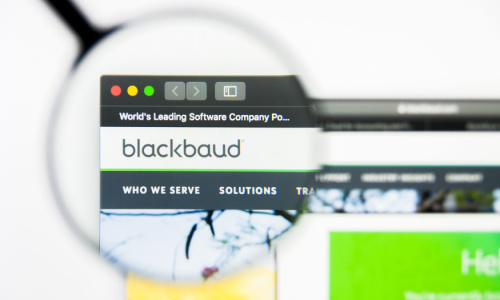
In a significant development, Blackbaud, a provider of donor relationship management software, has reached a $49.5 million settlement with attorneys general from 49 states and the District of Columbia. This settlement comes following allegations of insufficient data security practices and a sluggish response to a ransomware attack that occurred in 2020, which resulted in the unauthorized access and theft of sensitive donor information, impacting approximately one-quarter of Blackbaud’s client base, including healthcare organizations. The resolution of this case follows a rigorous multistate investigation led by attorneys general from Indiana and Vermont.
Featured News
FTC, State Regulators Step Up Scrutiny of Data Collected From Connected Vehicles
Feb 20, 2026 by
CPI
FTC Asks Appeals Court to Reinstate Expanded Merger Disclosure Rule
Feb 19, 2026 by
CPI
Lawmakers Seek GAO Review of State and Federal AI Regulations
Feb 19, 2026 by
CPI
UK Flags Editorial Content Concerns in Getty-Shutterstock Merger
Feb 19, 2026 by
CPI
DOJ Examines Warner Bros. Sale as Theater Chains Voice Concerns
Feb 19, 2026 by
CPI
Antitrust Mix by CPI
Antitrust Chronicle® – The Gig Economy
Feb 19, 2026 by
CPI
Market Power and Governance Power: New Tools for Antitrust Enforcement in the Decentralized Gig Economy
Feb 19, 2026 by
Seth C. Oranburg
10 Years of Labor Antitrust Guidance: Lessons for Workers and the Gig Economy
Feb 19, 2026 by
Richard Powers & Michael Swerdlow
Antitrust & Gig Workers: Labor Exemption As Protection
Feb 19, 2026 by
Marina Lao
Beyond Non Competes: Platform Tethered Non Circumvention Clauses for Digital Platforms
Feb 19, 2026 by
Scott Nelson, Hugh Hollman & John Baker
 Add as Preferred Source
Add as Preferred Source